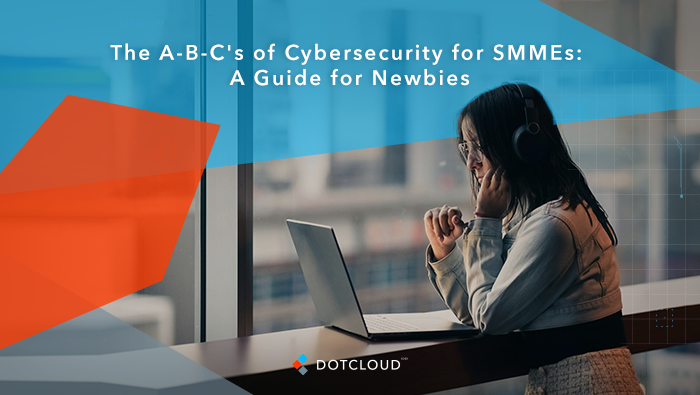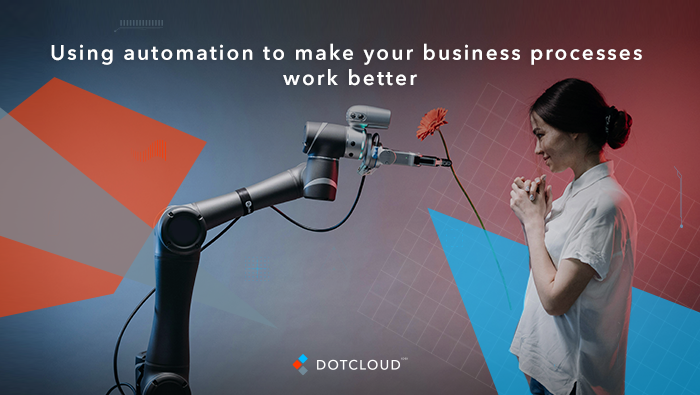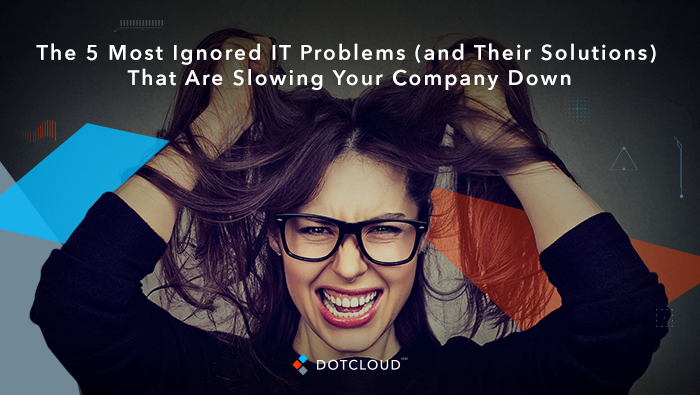The A-B-C’s of Cybersecurity for SMMEs: A Guide for Newbies
Cybersecurity for small businesses in South Africa has never been more critical, and learning the A-B-Cs of cybersecurity will be beneficial. The holiday season is coming up, which means more people will be online — and more cyber threats will be around. From phishing scams to ransomware attacks, SMMEs are increasingly becoming targets because they’re seen as easier to breach. However, safeguarding your business doesn’t have to be a complex process.
Learning about cybersecurity is like learning your A-B-C’s. You can make your business safe online by focusing on three main areas: Authentication & Awareness, Backups & Boundaries, and Cloud & Compliance.
A is for Authentication and Awareness
Your digital front door is your first line of defence.You wouldn’t leave your office door open, so why would you leave your online accounts open?
Authentication:
This is about keeping people out. Don’t use passwords that are easy to guess, like “password123”. Use a different, strong password for each account instead. Even better, turn on Multi-Factor Authentication (MFA) whenever you can. You need a second form of verification, like a code sent to your phone, which makes it almost impossible for a hacker to get in, even if they have your password.
Awareness:
Your employees are your most valuable asset, but they are also your biggest weakness. Phishing emails are a common threat because they trick people into giving up private information. Teach your team to look for the warning signs, like odd sender addresses, urgent language, and links or attachments that seem fishy. A little bit of training can go a long way towards stopping a big breach.
B is for Backups and Boundaries
Even when you take all the right steps, things can still go wrong. It is just as important to have a good plan for what to do when something goes wrong as it is to try to stop it from happening in the first place.
Backups:
Think about what would happen if a ransomware attack locked up all of your important files. A recent, secure backup is the best way to get your business back up and running. Stick to the “3-2-1” rule: Make sure you have three copies of your data, at least two of which are on different types of media, like a hard drive and cloud storage. Store one copy off-site.
Limits:
Especially with remote work, it’s hard to tell where work ends and personal life begins. Set clear rules for how to use devices. Tell your employees not to use public Wi-Fi for work unless they are using a Virtual Private Network (VPN), and make sure there is a clear policy for “bring your own device” (BYOD). This stops personal digital habits from becoming a problem for the business.
C is for Cloud and Compliance
Your IT infrastructure and your dedication to protecting data are both important for your reputation and your safety.
Security in the Cloud:
Move your data to the cloud with a trusted provider instead of keeping it on servers that could be hacked. Microsoft Azure and other well-known cloud providers spend millions on security, which is a lot more than a small business can afford. Their services include strong firewalls, real-time threat detection, and data encryption, which provide a level of protection that is hard to beat.
Following the rules:
The Protection of Personal Information Act (POPIA) makes it illegal in South Africa to not protect personal information. Taking the right steps to protect your business from cyberattacks will also help you meet your legal obligations, protect your reputation, and avoid heavy fines.
You can greatly lower your risk and make your business stronger by following these simple A-B-Cs. Make sure your data is safe before a crisis happens. Investing in proactive cybersecurity is beneficial for your company’s future.
Are you ready to make your business’s cybersecurity plan stronger? Get in touch with us today for a professional evaluation and to find out how our cloud solutions can help you stay safe this holiday season and beyond.






